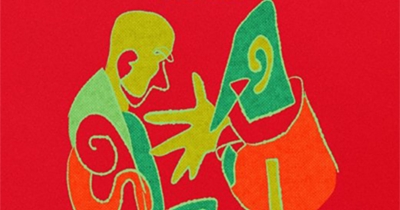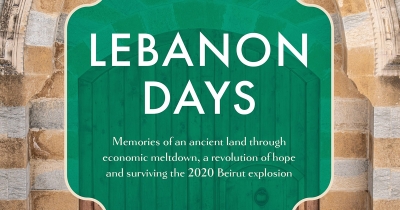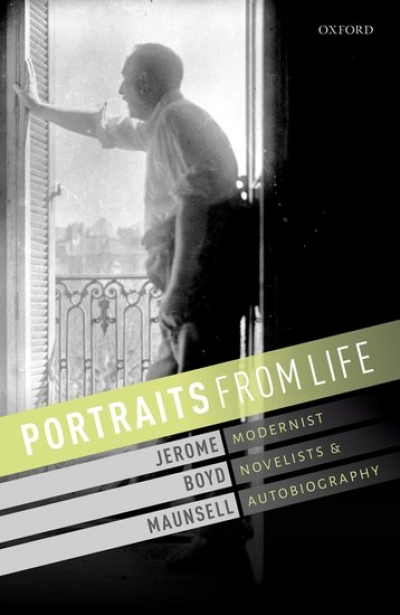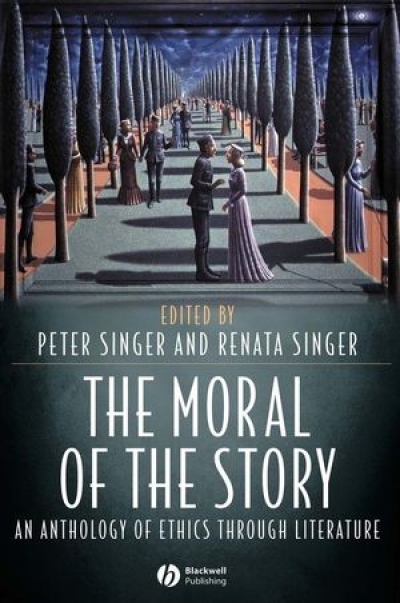Richard Freadman
Telling Lives: The Seymour Biography Lecture 2005-2023 edited by Chris Wallace
by Richard Freadman •
Lebanon Days: Memories of an ancient land through economic meltdown, a revolution of hope and surviving the 2020 Beirut explosion by Theodore Ell
by Richard Freadman •
Portraits from Life: Modernist novelists and autobiography by Jerome Boyd Maunsell
by Richard Freadman •
Jovial Harbinger of Doom: The Short Stories of Laurie Clancy edited by Richard Freadman
by Brian Matthews •
This Crazy Thing a Life: Australian Jewish biography by Richard Freadman
by Susan Tridgell •
The Moral of the Story: An anthology of ethics through literature edited by Peter Singer and Renata Singer
by Richard Freadman •










